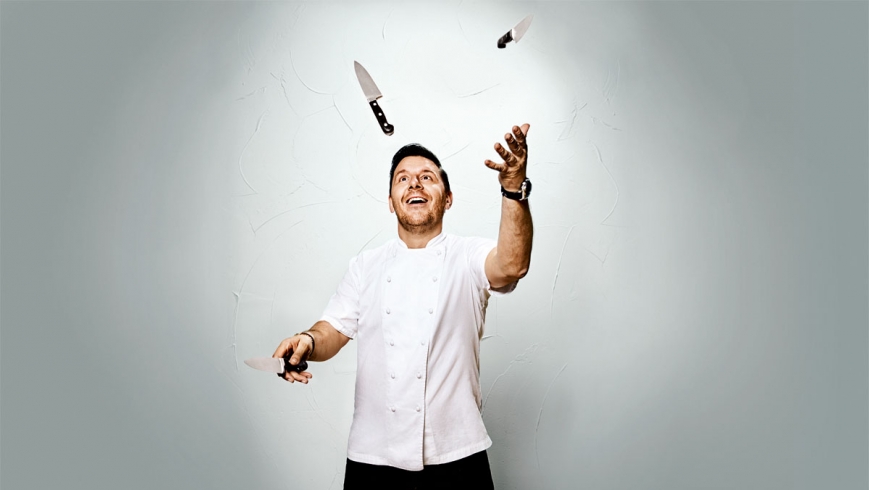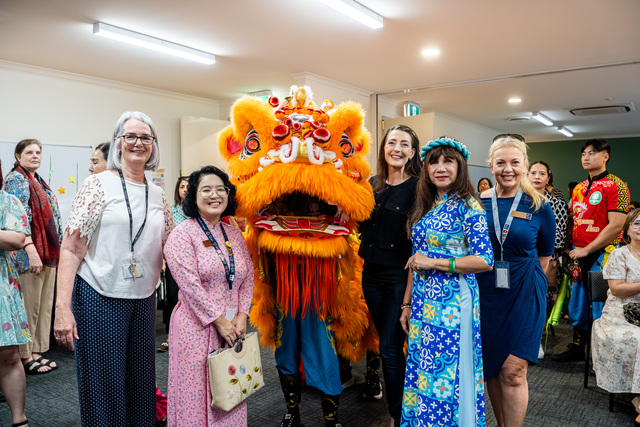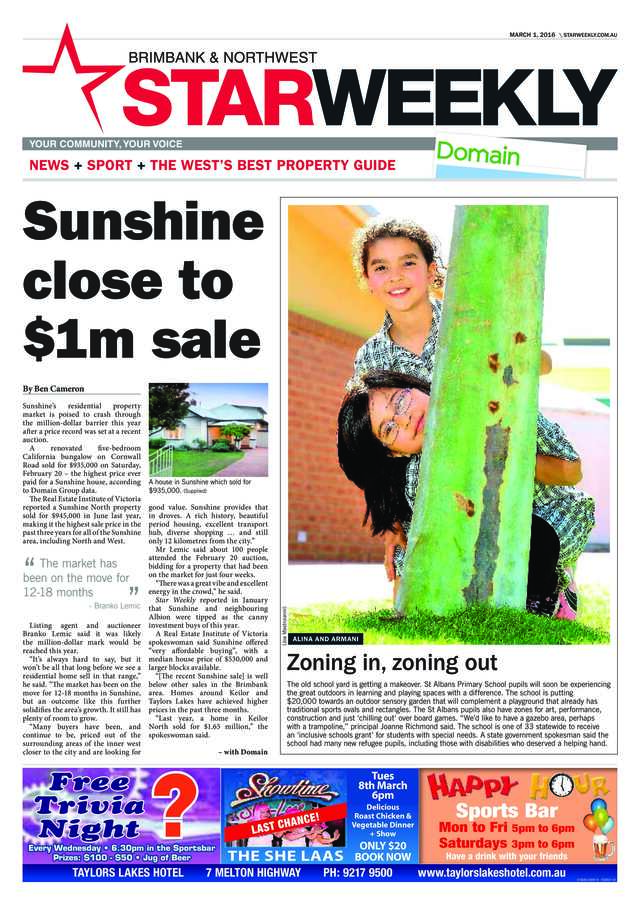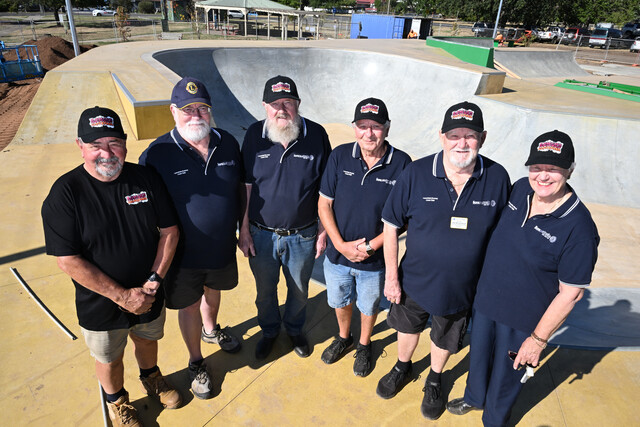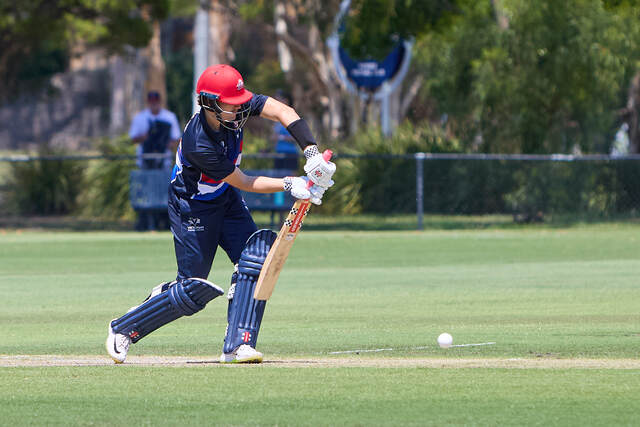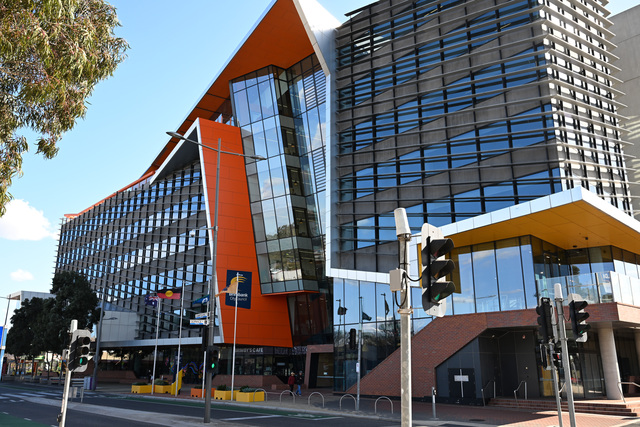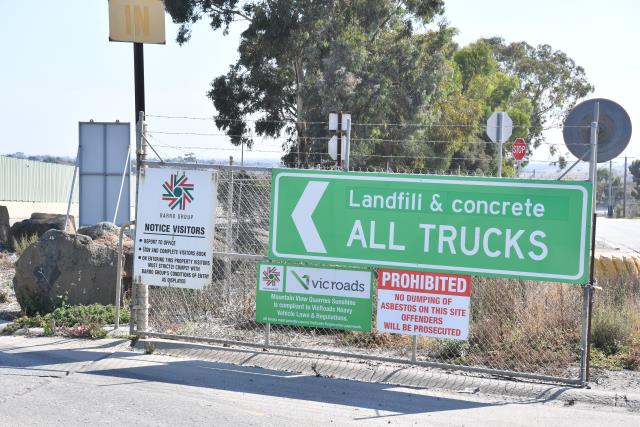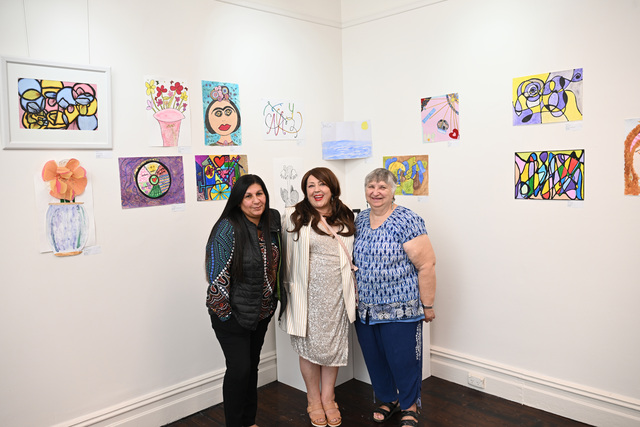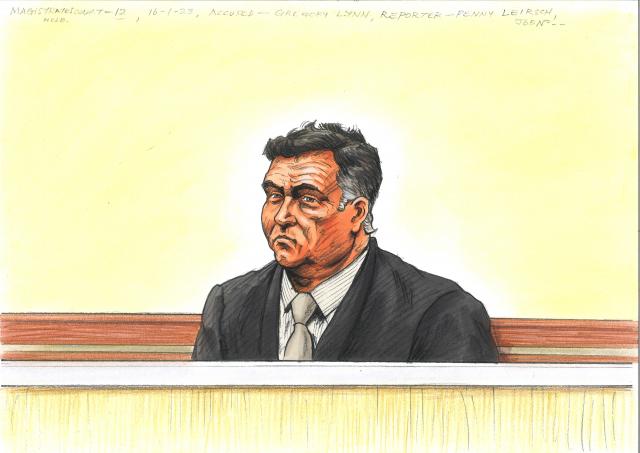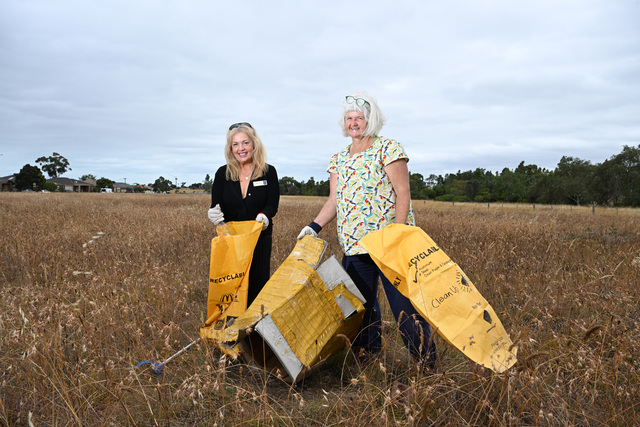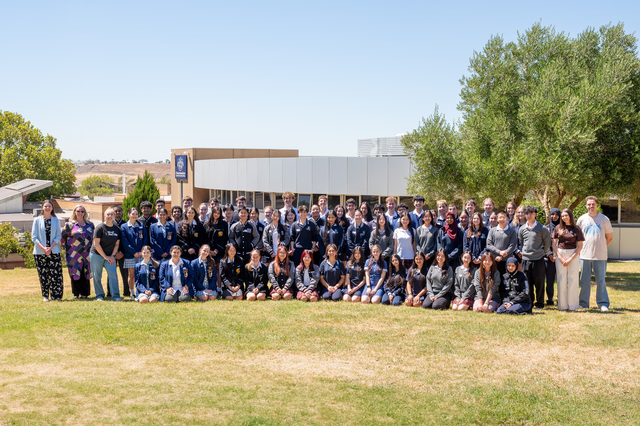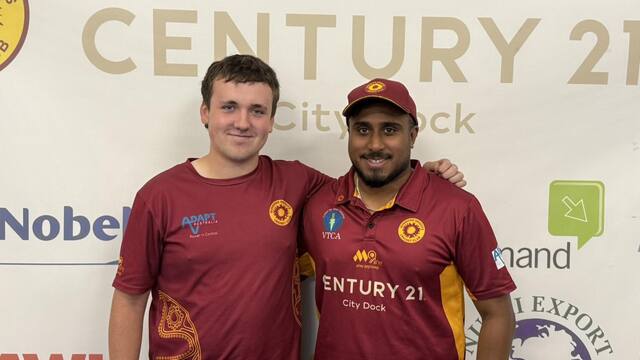Manu Feildel ran away from circus school to become a chef. Now he’s bringing a touch of the big top to fine dining.
When Manu Feildel left France more than 20 years ago, he went in search of a better life. Growing up in rural Brittany had been tough. His parents divorced when he was very young. His mother supported the family by working shifts at an electrical goods outlet, a job she still has. “She’s hating it,” says Feildel, scowling. “She’s struggled all her f—ing life.”
Barely 18, Feildel turned his back on his roots – and his three years of training at circus school – to go to London. He didn’t speak a word of English and had only £300 in his pocket, but he just had to get away from “this miserable f—ing whingeing life”.
“I just wanted to do my own life and succeed at it,” he says. “And prove that you can beat life. That you can be better.”
Feildel, now 40 and one of Australia’s most prolific television personalities, is best known for his starring role opposite Pete Evans on the Channel Seven blockbuster My Kitchen Rules and, most recently, his endearing two-part homage to his homeland, My France with Manu. He’s also a past winner of Dancing with the Stars, the face of a well-known soup and stock label, cookbook author (he has a new one, French for Everyone), Logie nominee and restaurateur.
It’s in that last role that we’re speaking today, amid the dust and chaos of the South Yarra building site that would shortly become Le Grand Cirque, Feildel’s first Melbourne restaurant (it debuted on March 28).
We do the interview standing because there is nowhere to sit that isn’t powder-coated in construction dust. Feildel is in jeans and an open-neck, fine-check green shirt. He looks smart but not entirely polished.
I ask if he’s had hair and make-up done for our shoot. He laughs. “No! I am not a princess.”
In person, this blokey, sweary Frenchman is terrific company. He confesses at the end of the interview that he’s told me things he’s never spoken about publicly before, including a very charming story about his mother (read on).
We cover a lot of ground, from the price of fame to the false curse of a French accent. He is effortlessly entertaining.
After mastering the language and the cooking scene in London – he was head chef at Covent Garden’s Livebait when it was named the UK’s Best Seafood Restaurant – Feildel came to Australia in 1999.
He’d worked in London with so many Aussies and New Zealanders that Australia was “always in the back of my mind. I kept saying, ‘I need to go and visit this place’. And one day I just decided I’ve got to do it.”
It was a well-planned departure. He waited eight months for a proper Australian working visa “because in case I love it, I don’t want to have to come back”.
He settled in Melbourne first. Lived in North Carlton. Worked at Toofey’s in Elgin Street with seafood master Michael Bacash.
He had a friend in Sydney. He paid $50 for a bus ticket north to visit this friend and, like many first-time visitors to the Harbour City, was smitten with the place. So he bought another $50 bus fare back to Melbourne, gave his notice at Toofey’s, left his flat, bought another $50 fare and moved to Sydney.
He was walking along Bondi Beach with his bag and a pile of CVs, “like a postman, putting them in the doors”, and got a call straight away from Hugos, the cool Bondi brasserie owned by brothers Dave and Pete Evans. He cooked in Bondi for six months before opening the wildly successful Hugos Bar Pizza in Kings Cross. From there he went to the two-hat Restaurant VII (now defunct) and then cooked his heart out to win three hats for CBD power diner Bilson’s (also defunct).
Somehow, amid all the job-hopping and long hours, he found time to front Channel Ten’s Ready Steady Cook from 2005 and, from 2009, there were regular guest spots on the top-rating MasterChef.
Feildel auditioned originally to host the show – like almost every other chef in Australia. Unlike the others, though, the Frenchman made it through to the final six alongside Matt Preston, George Calombaris and Gary Mehigan, the trio who went on to drive the cooking show to massive ratings success.
Two days after discovering he hadn’t got the MasterChef gig, Feildel got a call from the producers. “They said, ‘Manu we’re sorry we couldn’t give you the job but Channel Ten couldn’t deal with a French accent’,” he says.
Fast forward a few months and now it is Channel Seven on the phone. They are also creating a cooking show, and they want Feildel to do the pilot.
“And I thought ‘F—. I’ve got nothing to f—ing lose, so I did the pilot for them for five weeks. And then I got a call to say, ‘Sorry but Channel Seven can’t deal with the French accent. You don’t have the job’.
“And then I got back on the list, and off the list, and then back on the list until my agent called me and said, ‘You’re starting on Tuesday’.”
That was how My Kitchen Rules began. His old mate Pete Evans was hired first and, as Feildel tells it, Evans insisted on picking his own wingman. “He told me he said to Channel Seven, ‘Have you heard of Manu Feildel?’, and they said well actually you got his job. And he said, ‘Well I’m only going to sign on if I can work with him’. So they called me back. Which was nice. So we’ve been good mates.”
It’s funny to think that his now famous, flirtatious French accent was once seen as a handicap. He laughs when I mention this.
“Yeah, it’s my French accent that pays the bills today.”
When filming My Kitchen Rules each year from August to December, he says, “I am completely out of the world. I am just filming, filming, filming, filming. But that’s the way it is. It’s juggling two different careers, but each career helps the other.”
For the next few months, until MKR judders to life again, Feildel can be found behind the stoves at Le Grand Cirque (The Big Circus). His swank new South Yarra venture opened just weeks after he closed L’étoile in Sydney’s Paddington because of lack of custom.
Empty seats shouldn’t be a problem here. He’s smartly partnered with George Calombaris and MAdE Establishment – the group behind such city hotspots as The Press Club, Hellenic Republic and Gazi – to open this dramatic dining space down the lane from Adriano Zumbo’s patisserie.
Inside there are touches of cabaret glamour in the curtained walkway, the LED-lit cloakroom/reception and a canary-yellow catwalk bisecting the room. There are also trapeze-style lights above the entrance and bar, a street-art mural and a cocktail lounge.
In contrast, the food is not showy at all. The sharing menu is French but very relaxed and “revisited a little”. For example? “We do the coq au vin with poussin, leetle baby chickens,” he says. There are petite brioches – French sliders, in other words – of fish and pig’s trotters, classic beef tartare and pork rillettes, and crowd-pleasing cassoulet and crème brûlée.
Le Grand Cirque, says Feildel, is “a dream come true”, a chance to combine what he wanted to do 20 years ago (join a circus, entertain people) and what he’s been doing the past 20 years (cheffing).
“I’ve basically put cheffing into the entertaining place,” he explains.
It opens only at night – there are no matinées. “It’s a party place!”
Feildel will lead the festivities for the first few months, spending four or five nights a week behind the stoves. The other two nights he will spend in Sydney with his nine-year-old son, Jonti.
“I’ll be here because I am very, very excited,” Feildel says of his big investment in Melbourne, “… and because I’m not putting my name on something that I’m not going to be involved in.”
He knows Melbourne diners can smell an opportunist a mile off and tire quickly of celebrity shopfronts. If diners come to his restaurant and he’s nowhere to be seen, “they’re gonna be pissed off”.
“It makes a difference,” he says. “People come to your place because they want to try your food, they want to see the ambience, they want to meet you. They want to feel special.”
Feildel seems to relish being in the public eye – he’s a natural entertainer – but fame is not always kind. There have been press intrusions into his private life, paparazzi snaps and unkind headlines in women’s magazines.
“With the celebrity stature, the downside of it is that you are not left alone any more,” he says. “You have to be available for people. All the time. Everywhere.”
The worst bit? He feels he can’t go out any more. “To dance, and drink, and join my friends. That’s the annoying thing. Because now I have become kind of public property. I am at home locking the door and not doing things I used to do.
“It would be nice to go out and just have a f—ing drink with a mate without someone going, ‘Can you take a picture?’
“But anyway, that’s life. I can’t complain. I think I am a very, very, very lucky man. And I don’t think I should be f—ing complaining for anything in life.”
Feildel has been an Australian citizen for eight years; he returns only occasionally to France. His mother flies over every two years and basks in our sunshine for the whole of January. She still lives in Brittany, working in the electrical goods store, but life is about to get a little better for her.
“What I’ve done this year is, I’ve been able to turn things around. And I am building my mum a four-bedroom house back home,” Feildel says. “She suffered. She made me who I am. Now it’s time to f—ing give her back what she deserves.”
The house is in Guidel, a village on the Bay of Biscay.
She must be thrilled? “She is. But it’s meant to be. You can’t just take-take-take and not give. I had the idea when I was really young when I heard that Elvis Presley had done that in his career. When he became famous he bought his mum a house, and I always wanted to do that myself.”
It’s right about now I glance at Feildel’s feet and notice he’s wearing suede shoes. Blue suede shoes. He bursts out laughing at the coincidence.
But back to Le Grand Cirque. He’s very bullish about it.
“This is the proof that I want to show people that I can’t only talk about food, I can also f—ing do food,” he says, getting worked up.
And then, for the first time in the interview, he checks himself. “Sorry for the f—ing.”
» French for Everyone, by Manu Feildel, ($49.99, Penguin)

